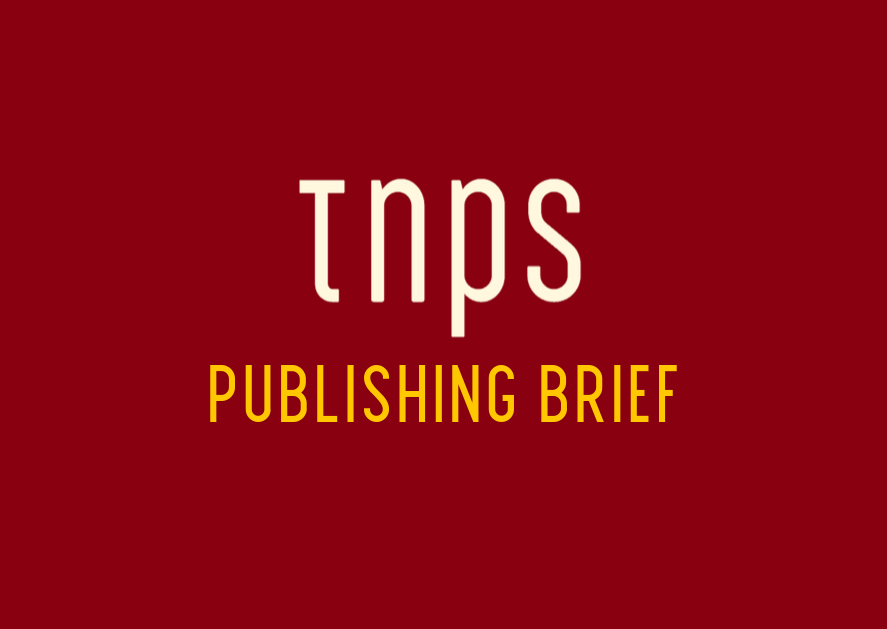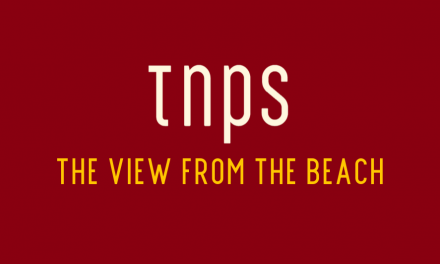One way publishers can adapt to an evolving market is to be aware of the changes in consumer behavior, McLean said. Gen Z (ages 12–26), and to a lesser extent millennials (ages 27–42), are now important book consumers.
Excerpts below are from Jim Milliot at Publishers Weekly:
Kristen McLean, industry analyst for U.S. books at the NPD Group, predicted in a webinar last week that 2023 will be a year of transition for the publishing industry.
McLean sees 2023 as a year when publishers will look to balance the need for stability with the need for innovation. She expects publishers to have conservative approaches to acquiring new content as they determine where new growth opportunities are and what readers want.
A reduction in page-to-screen projects as the streaming services cut back on production will lower demand for publishers’ content and reduce the opportunities to tie-in titles to new shows.
One way publishers can adapt to an evolving market is to be aware of the changes in consumer behavior, McLean said. Gen Z (ages 12–26), and to a lesser extent millennials (ages 27–42), are now important book consumers.
In (an) example of how BookTok is impacting the market, she pointed to changes in sales of romance books between 2018 and 2022. Unit sales rose from 18.5 million in 2018 to 36.1 million last year.
In a final note on BookTok demographics, McLean said that in a study NPD did for a client, 80% of those using the BookTok hashtag were under age 35. There is a new generation of readers emerging, she declared.
Read Milliott’s full summary over at PW.





